€9.99 – €10.99Price range: €9.99 through €10.99 TVA non incluse
We present a careful selection of medicinal plants traditionally used in different cultures around the world for their multiple therapeutic properties and specific benefits: anti-inflammatory, digestive, relaxing, detoxifying, immunostimulant, among others.
Rich in fiber, antioxidants and mucilage, gombo leaves help improve digestion, fight inflammation and regulate blood sugar. They are also used as a natural emollient for respiratory and skin conditions.
Known for its sweet and astringent pulp, white tamarind has antimicrobial and antioxidant properties and is useful for treating digestive problems, fever and colds. Its bark and leaves are also used in traditional medicine.
Traditional plant used in infusions for its soothing, digestive and possibly antibacterial properties. Although its precise scientific identification varies according to the region, it is attributed benefits in the purification of the body and the regulation of intestinal transit.
Traditional herb much appreciated in Senegal and other areas of the Sahel. It is used to treat gastrointestinal ailments, fevers and to strengthen the immune system. It also has ritual and symbolic uses.
Rich in complex carbohydrates, manioc is a key energy source. In its fermented or cooked form, it is easy to digest. Its leaves are rich in protein, iron and vitamins, with antioxidant and anti-inflammatory properties.
The pulp of this tropical fruit is rich in vitamin C and fiber. Soursop leaves are used in infusions for their supposed anti-cancer, sedative and antimicrobial properties. It can also help fight parasites and regulate blood pressure.
The leaves and fruit of the guava are highly nutritious. They possess antibacterial, astringent and antioxidant properties. The leaves are used in teas against diarrhea, mouth infections and menstrual cramps.
Beyond its textile use, the roots, leaves and seeds of cotton have medicinal uses. The leaves are used to treat respiratory infections, while the root has been used as an emmenagogue (to regulate menstruation) in traditional medicine.
Very popular in West Africa, kinkeliba is known for its cleansing, digestive and hepatoprotective properties. It is consumed as an infusion to relieve constipation, reduce fatigue and strengthen the liver.
African relative of Artemisia annua, it is highly valued for its antimalarial, expectorant and antiseptic effects. It is used in teas and inhalations to treat colds, coughs, fever and parasitic diseases.
This post is also available in:
Español (Spanish)
Français (French)
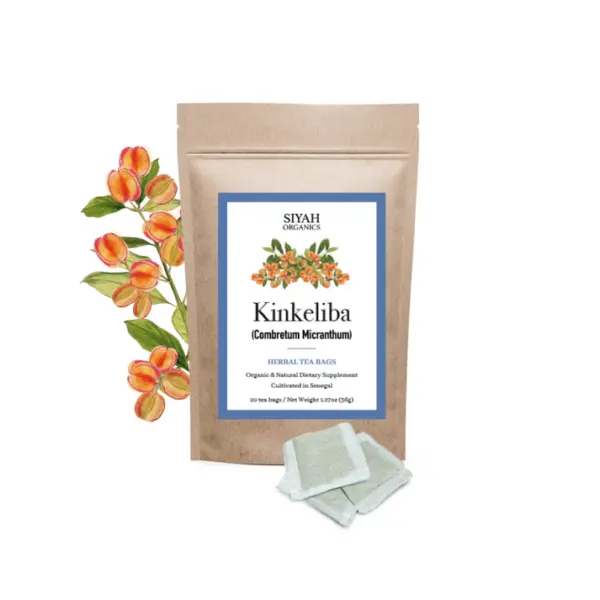
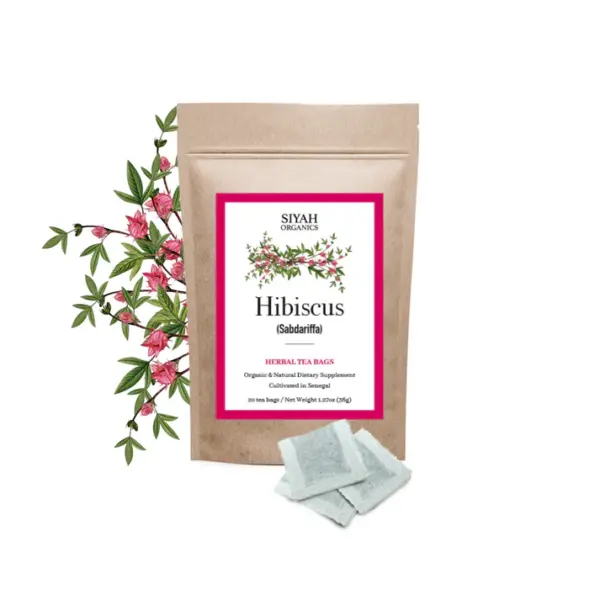
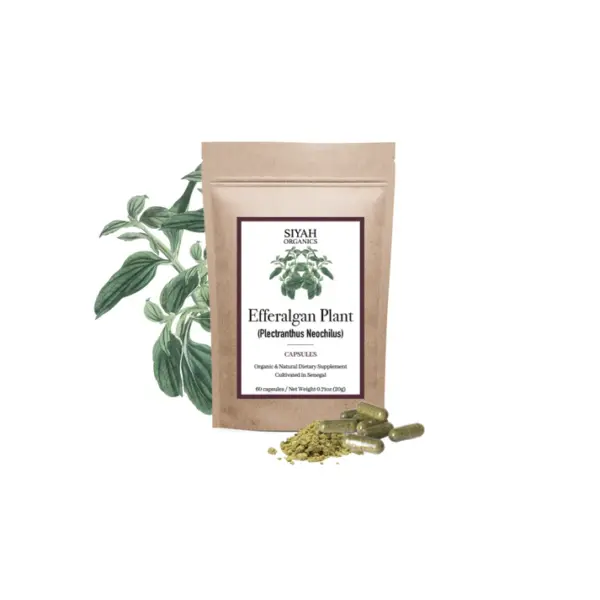
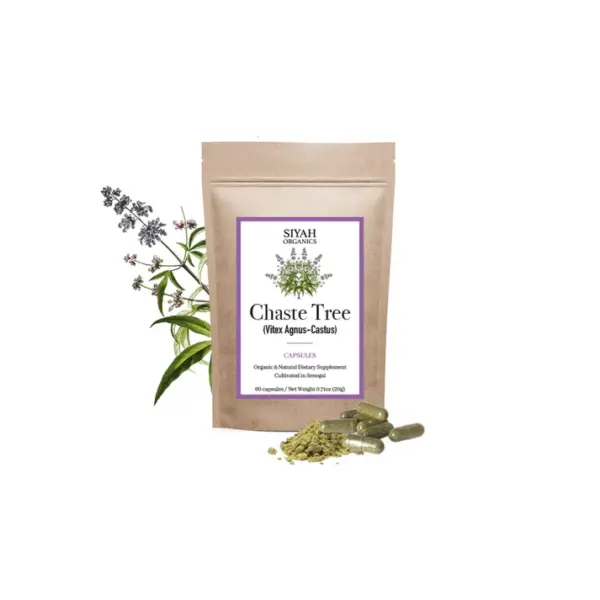
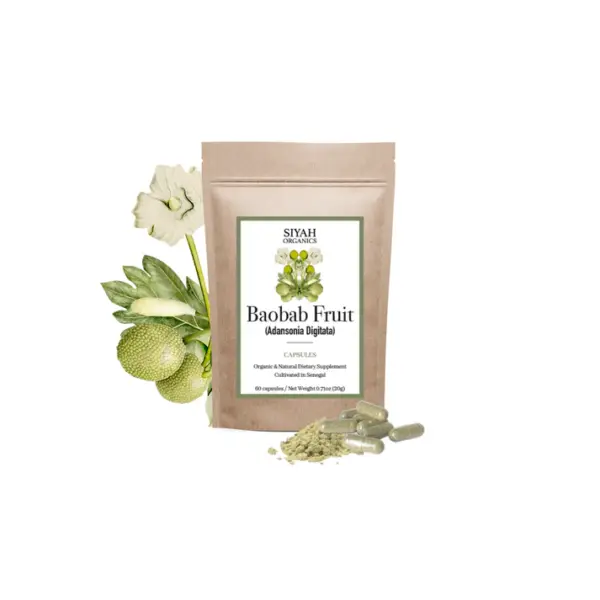
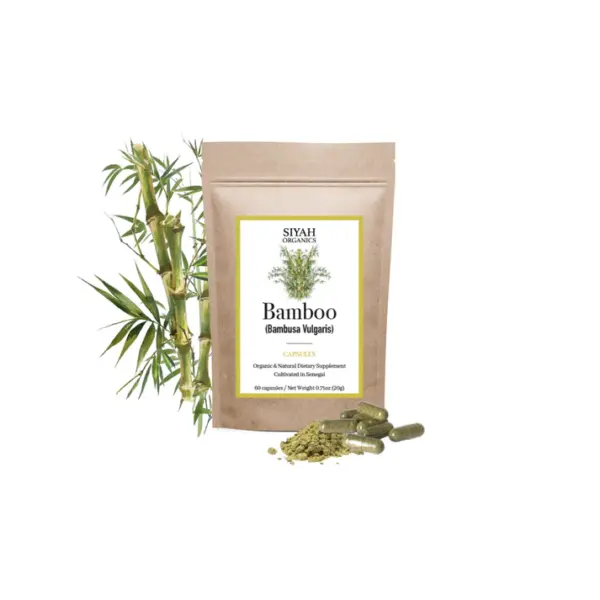
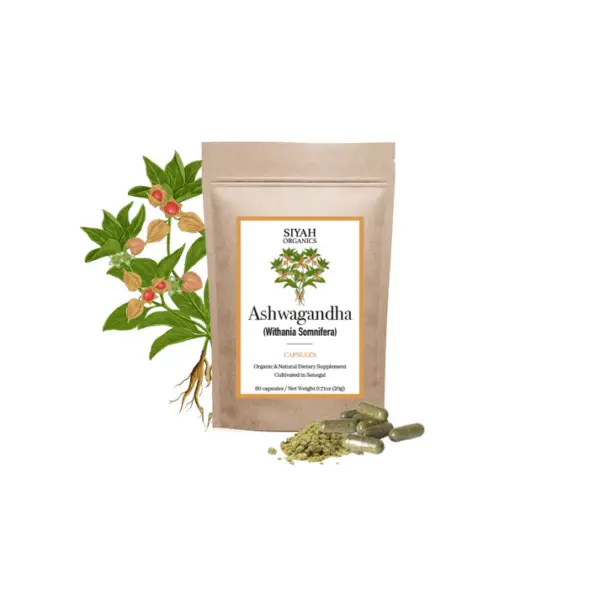
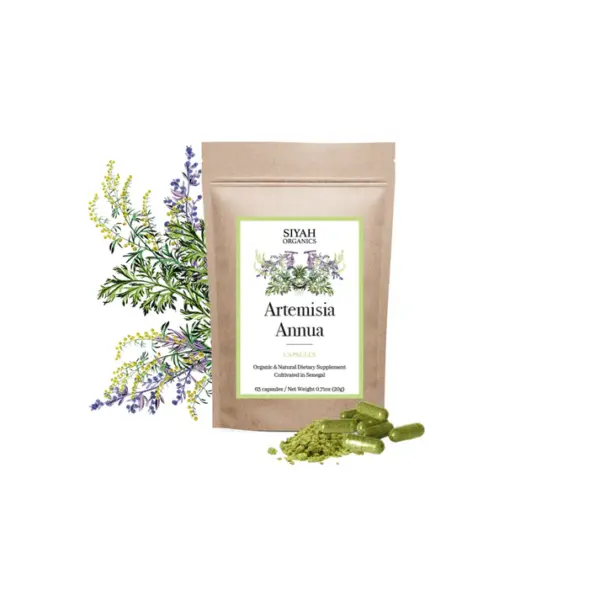
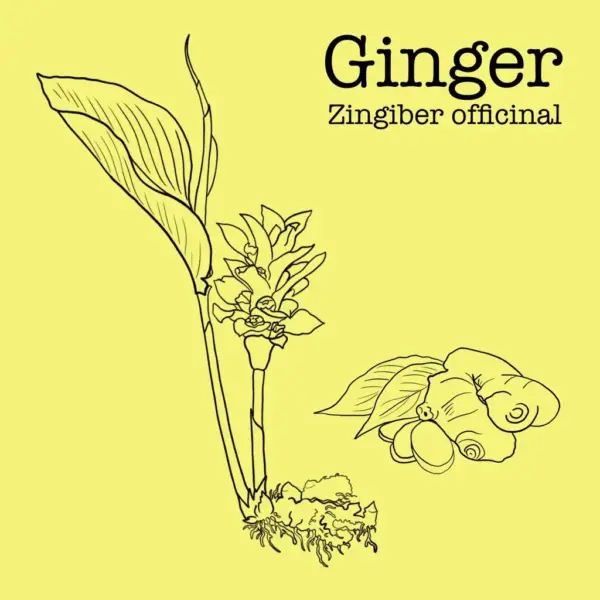
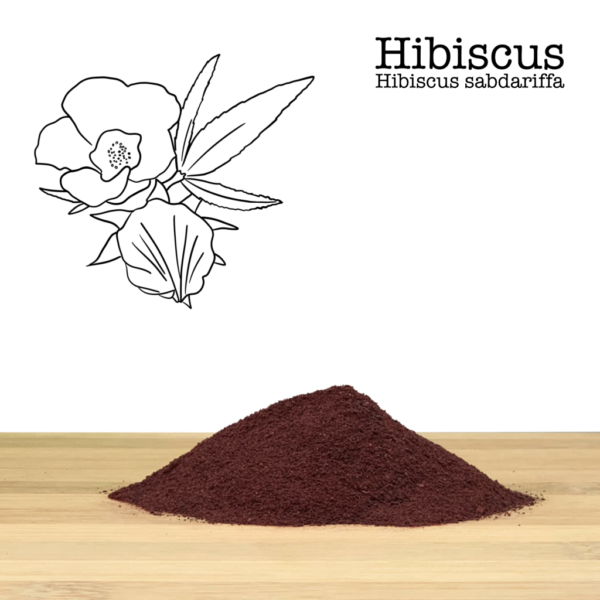
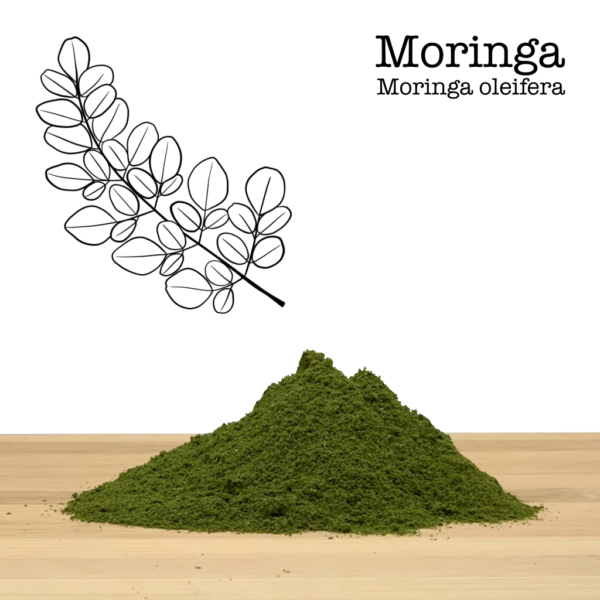
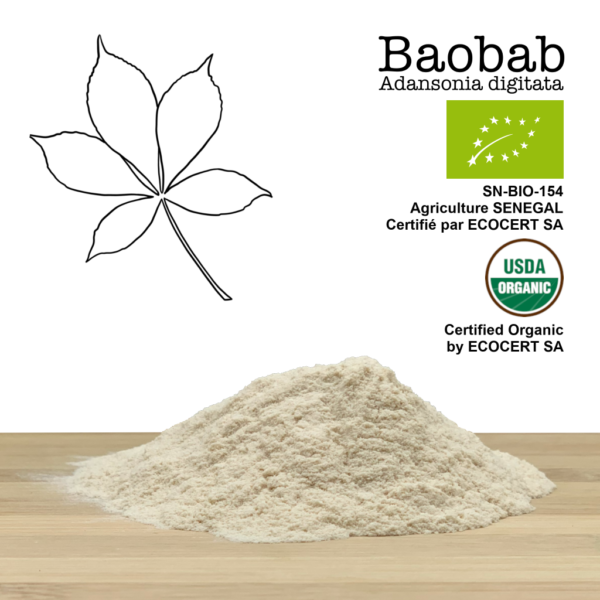
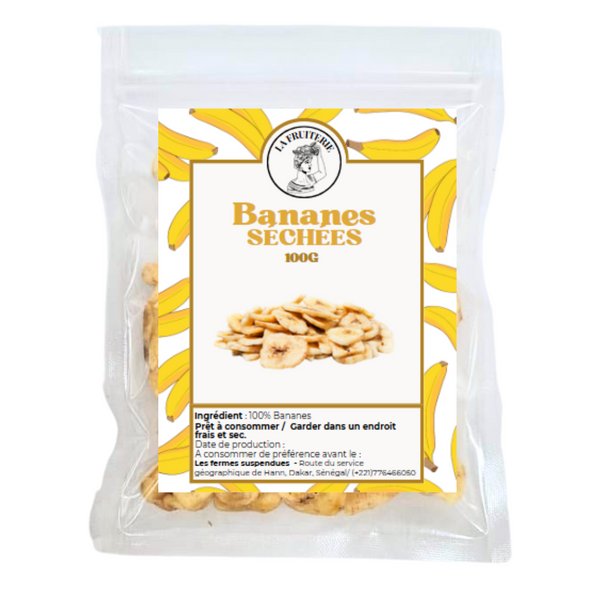
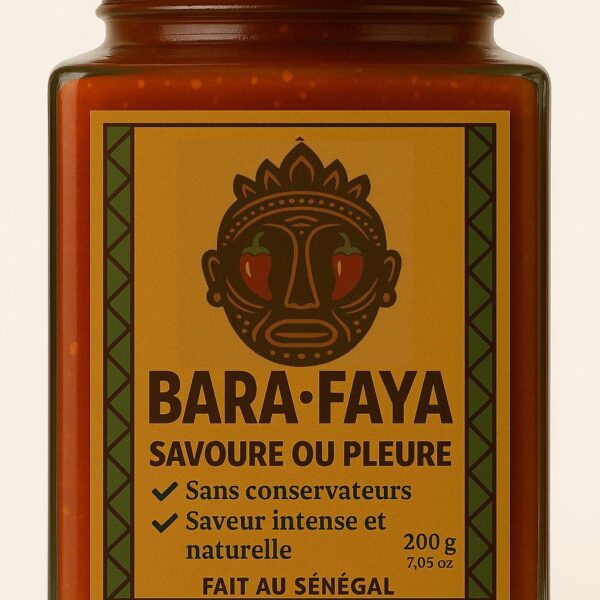

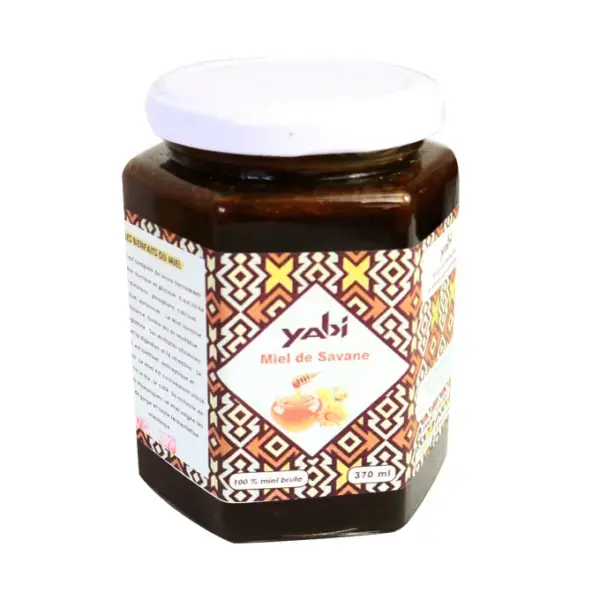
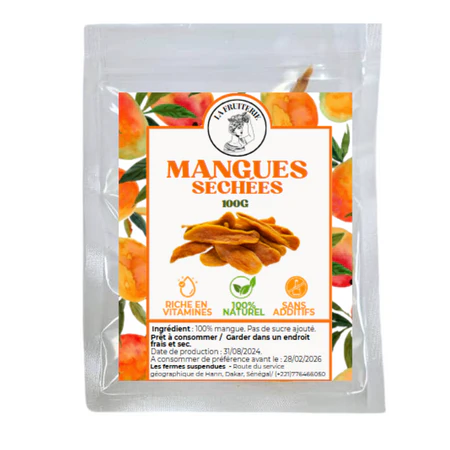

Multilingual WordPress with WPML